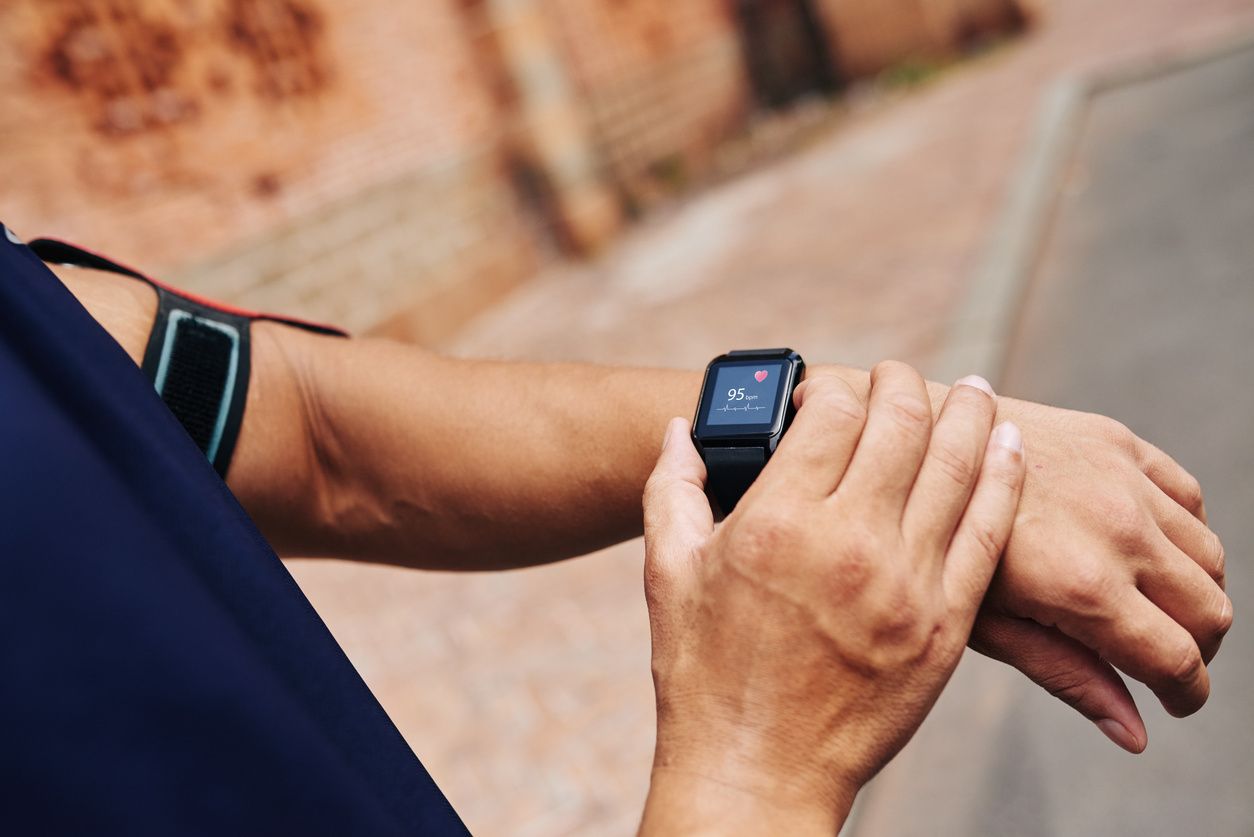How IoT will impact health care
From medication distribution to long distance monitoring, connected devices are working their way into the healthcare field. Doctors and nurses are starting to use wearable tech to help monitor their patients from afar — using technology to collect patient data that would usually be taken at the doctor's office.
With Market Research recently estimating that the market for IoT in healthcare could climb to as high as $117 billion dollars by the year 2020, it's certainly an area appealing to companies.
Health at your wrist
Take OpenAPS — or open artificial pancreas system — a closed-loop insulin delivery system. Using CGM data and a computer, Dana Lewis and Scott Leibrand have developed software that continuously releases insulin based on the body's needs. Diabetes is a hot topic in the health care field, and no less than Apple's Tim Cook has been reportedly testing a way to monitor this disease using the Apple Watch.
Cancer patients too are making use of mobile health care devices and tracking. Memorial Sloan Kettering Cancer Center is working with cloud-based technology company Medidata to develop activity trackers that gathers data on cancer patients, logging their day-to-day actions in hopes doctors will find it easier to treat and potentially one day diagnose cancer.
Those who live with daily medical conditions, like asthma, are also seeing ways that connected devices can help manage and monitor their health. Propeller is a device, for example, that's attached to a inhaler and captures data on how often, and when, you need a shot. Sensors are embedded in Propeller allowing doctors to make sure their patients are taking the correct dosage and adhering to treatment.
Apple Watch is swiftly turning into a health device with a new band that nabbed approval from the Food and Drug Administration to read the heart's electrical activity. Apple reportedly is also working on embedding its smartwatch with an EKG reader of its own. And researchers have also turned to the Apple Watch to use the device to monitor and collect information on those with Major Depressive Disorder.
More control over our health care, and monitoring, is certainly coming to wearables. Which device will be the ultimate one — an Apple Watch perhaps or a monitoring gadget that slips on to other products — is not yet known. But more immediate access to their health status is something people can count on seeing in the near future.
